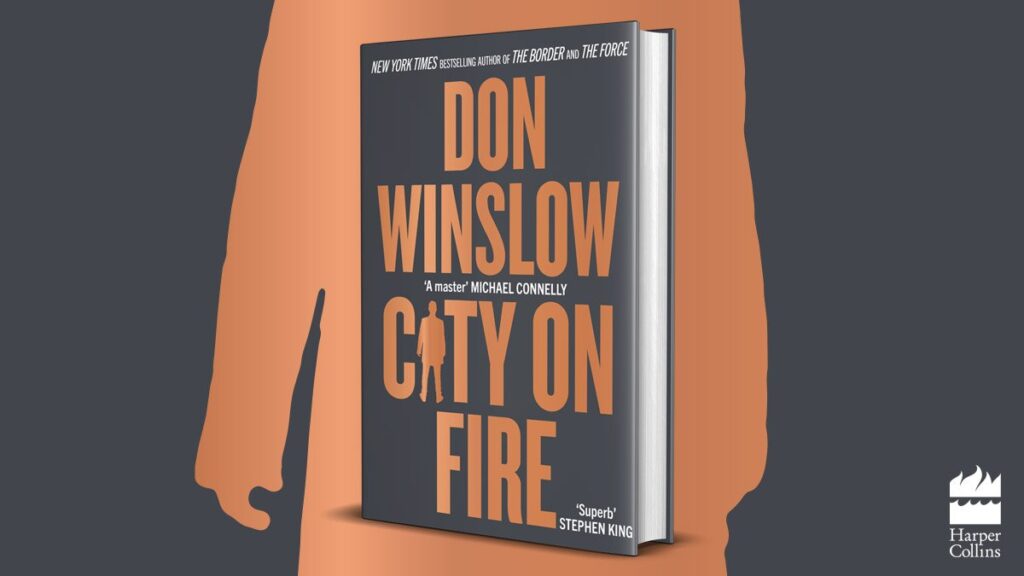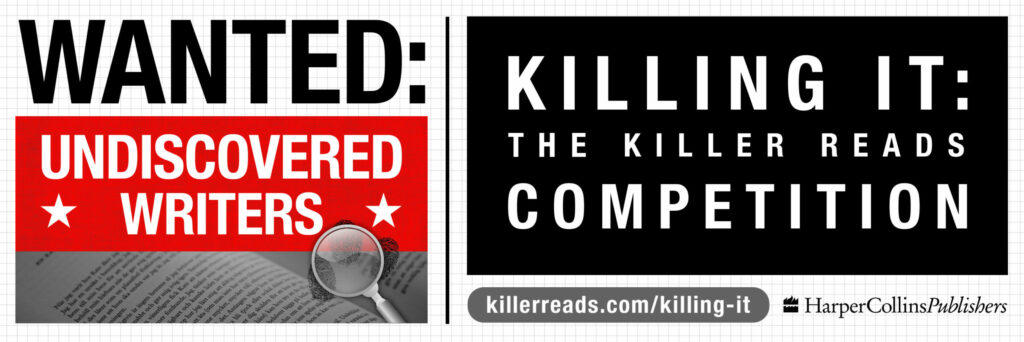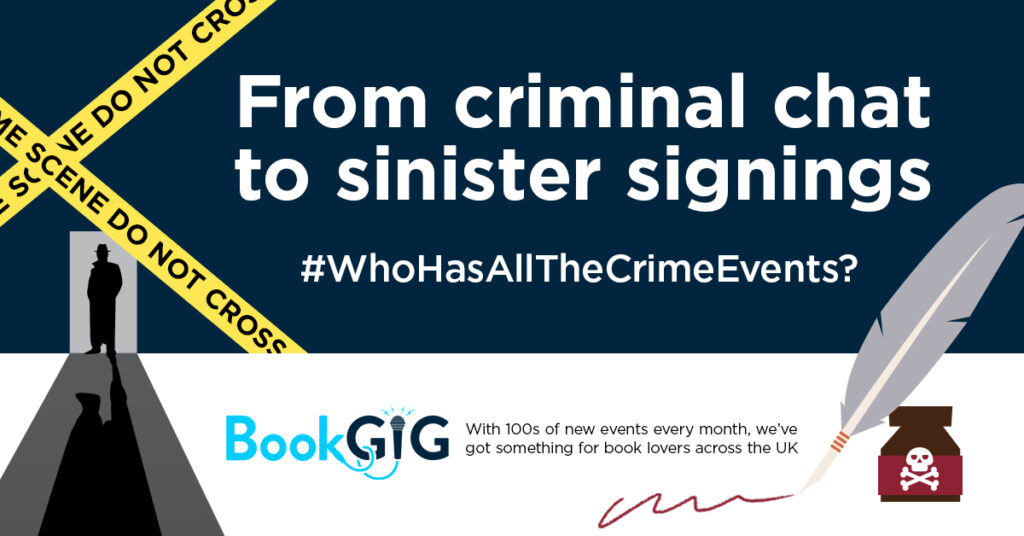The author of our current ‘Featured Title’ David Kessler gives us an insight into his world
KillerReads: When did you start writing?
David Kessler: When I was 15 and on the verge of dropping out of school in the early seventies. I wrote a screenplay with a singing role for myself because I had dreams of being the next Donny Osmond. I sent it to my mother’s cousin – the film director Clive Donner. He gave me some useful advice, but of course it was an early juvenile effort and nothing came of the project.
However, having written it I discovered that I had a talent for creative writing – as distinct from singing or songwriting! And so I carried on writing from then on – and haven’t stopped since.
I should also acknowledge the earlier influence of my older sister Simone, who was an avid reader and writer. There was a certain amount of sibling rivalry between us and I had already made some preliminary efforts at writing even when I was still in school to compete with her. Also I should acknowledge the encouragement and positive influence of two of my English teachers: Mr McLaughlin and Mr Marx.
KR: Where do you write?
DK: Mostly at home, at my computer. However I edited MERCY and wrote parts of my next book from my father’s house in Israel whilst looking out onto his lovely garden. But my best writing experience was sitting on the banks of the Dead Sea, with a laptop computer on warm Spring days, writing a thriller for young adults featuring a ten-year-old protagonist who turns detective to clear his mother of murder after she is accused by an over-zealous paediatrician.
KR: What are the pros and cons of being a writer?
DK: You’re doing something that you really enjoy – and there are very few jobs that you can say that about! But on the other hand – for all but a few famous writers – it’s a very precarious way to earn a living.
KR: What writers have inspired you?
DK: Most recently Harlan Coben, whose fast-paced style and twists and turns I have tried to emulate in MERCY. I’ve also been inspired by Ayn Rand, Sidney Sheldon and to some extent even Dan Brown.
KR: How important is a sense of place in your writing?
DK: In some of my earlier writing I was quite heavy on description. Now I try not to get bogged down in such detail, as it slows the pace down. I try to blend and intersperse the description with narration and movement, instead of writing long descriptive passages.
But very often a story is linked to a particular place. For example MERCY is a race-against-time death penalty thriller set in California. The lawyer/hero had to do a lot of to-ing and fro-ing to San Quentin prison, where his client was awaiting execution, so I set the story – and thus the whole Alex Sedaka series – in San Francisco. My second book has a climax at the Golden Gate Bridge, so that made the location even more crucial.
KR: Do you spend a lot of time researching your novels?
DK: It varies. Sometimes I write from existing knowledge that I have acquired over the years. But with my second book, I positively broke the bank when it came to research. I didn’t do lengthy research before I started writing. But while I was in the middle of writing it, I broke off between chapters – or even in the middle of them – to do research into DNA, computer hacking, jury selection and California law. It’s amazing how much research you can do online, without getting up from your computer. I was even able to check up things like courtroom assignments and bail schedules for the different county courts in California.
I was also lucky enough to meet two women online, one in San Francisco and the other in Oakland (where the trial takes place in my second book). This enabled me to supplement Google Earth and Street View with actual local knowledge held by real people, who where only too willing to share it with me.
KR: Do your characters ever surprise you?
DK: Frequently. Although I plan my stories in detail, some things always change on-the-fly and one of these things is the characters. I find that they are often more consistent and real than I expected. Partly this is because I think I know them subconsciously better than I know them consciously, so I learn something about them that was there already.
KR: How much of your life and the people around you do you put into your books?
DK: More than I intend to. But I mix and match. For example, Alex Sedaka, the hero of the series, is a lawyer. One of my sisters is a lawyer and another is married to one. I myself once harboured aspirations of going into that profession. The hero’s son is a physicist. That was my childhood ambition and – incredibly – I am studying physics now, four decades later. You can also find traces of my family in several of my characters, but only elements: I would never base a character wholly on a real person – unless it’s a public figure whom I hate…
KR: How did it feel when you saw your book in print for the first time?
Thrilled, but it soon wore off. I knew that I hadn’t made it yet. It’s a long, hard slog after you get published, as well as before.


